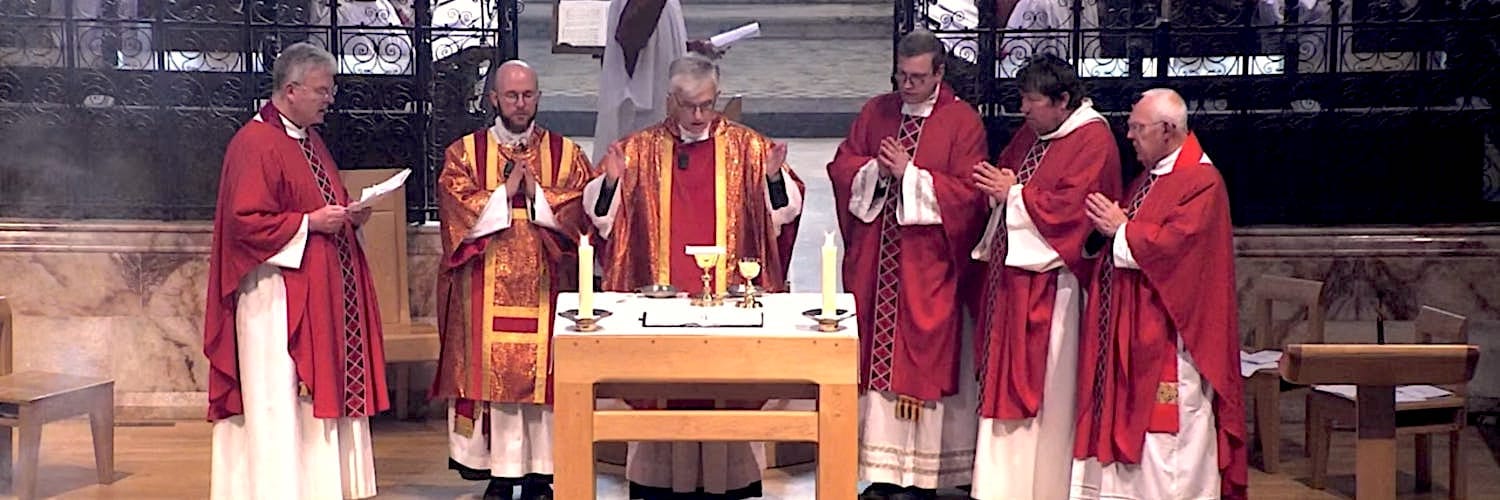
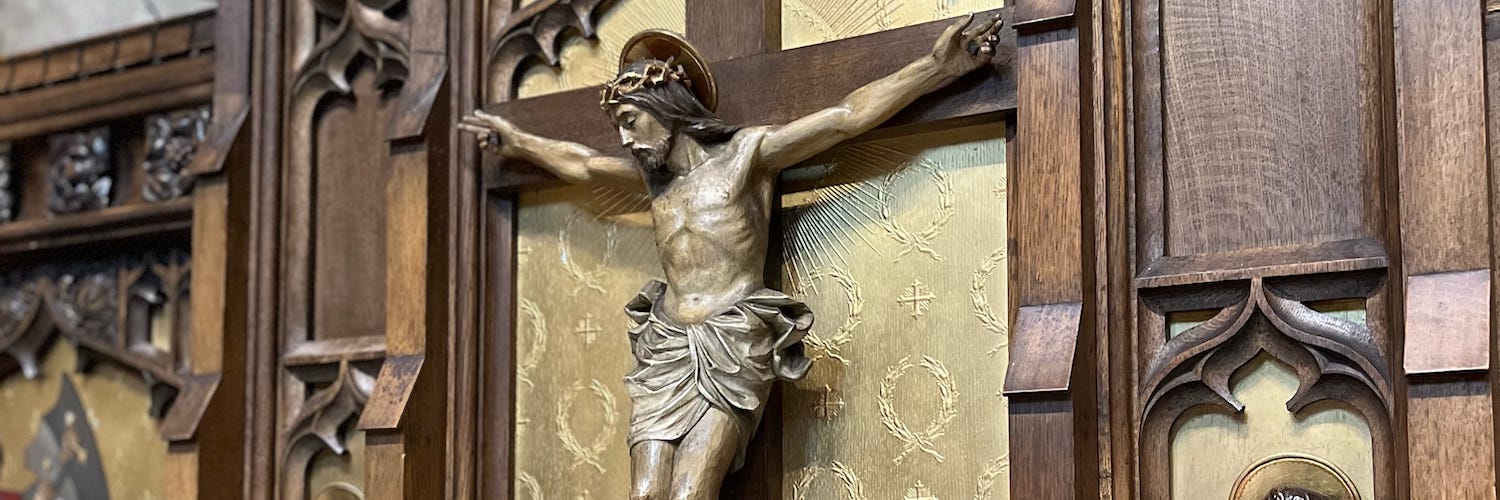
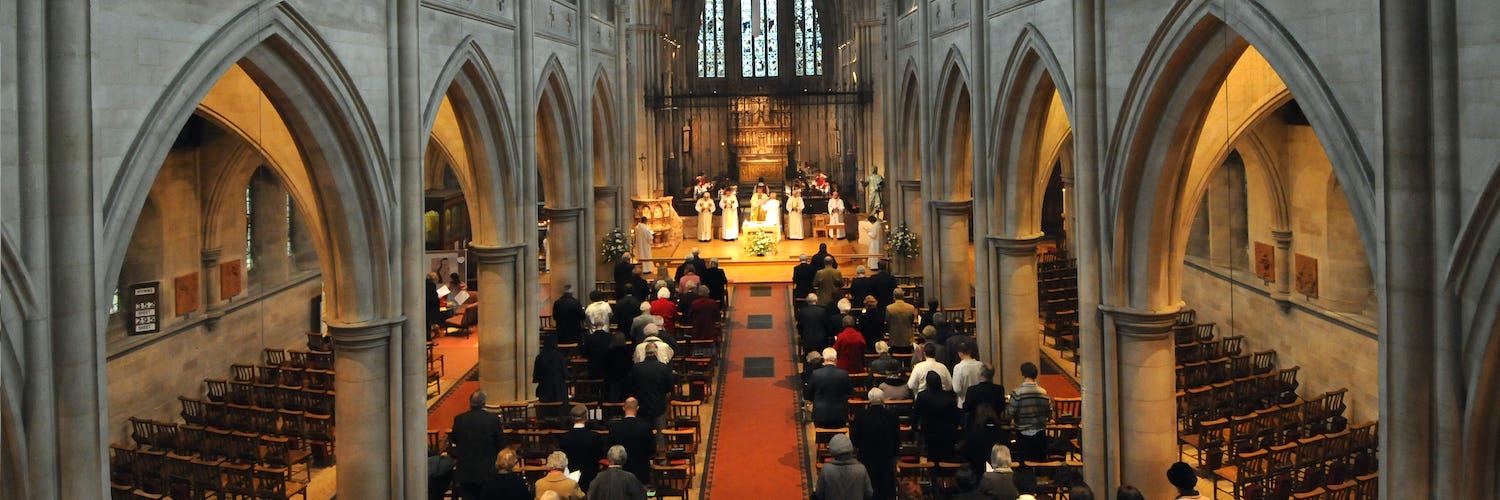

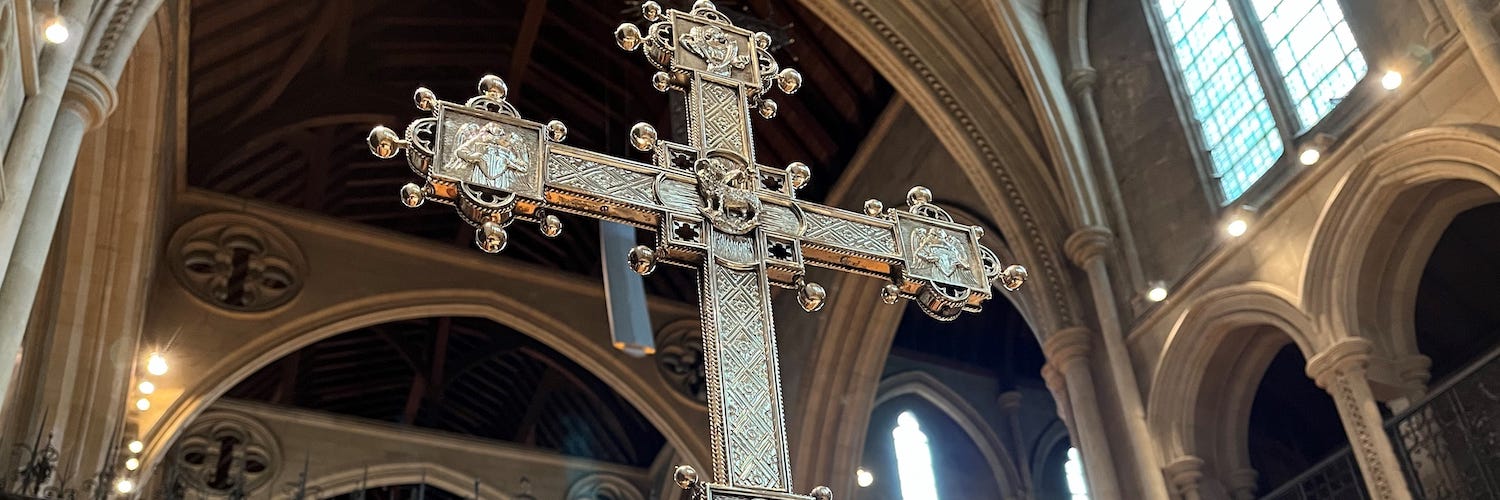
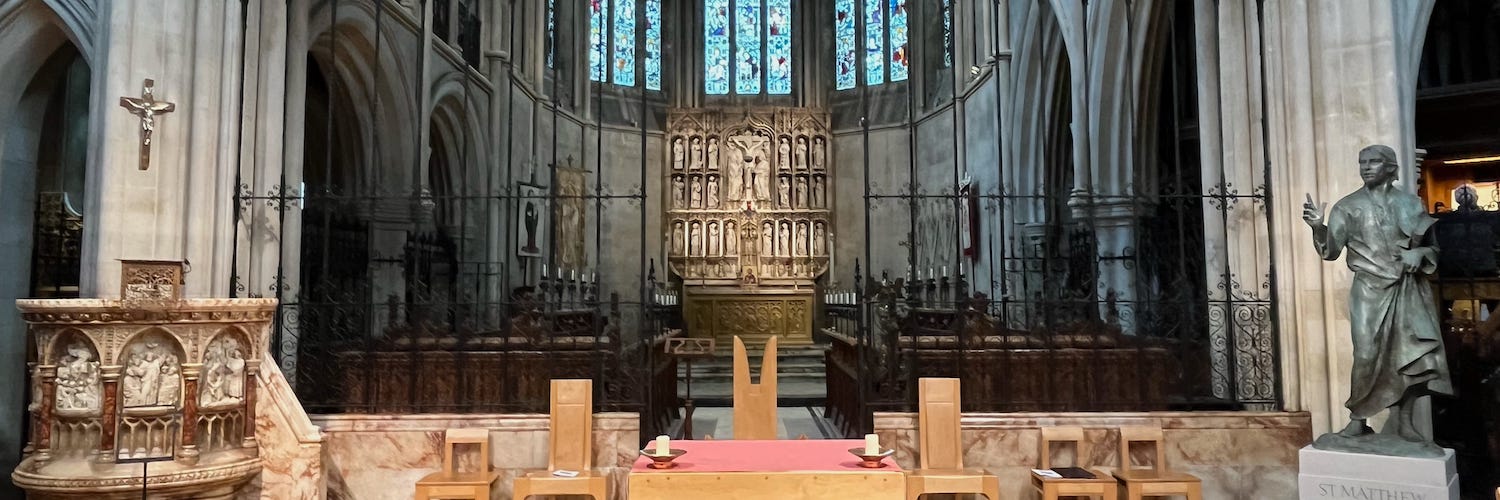
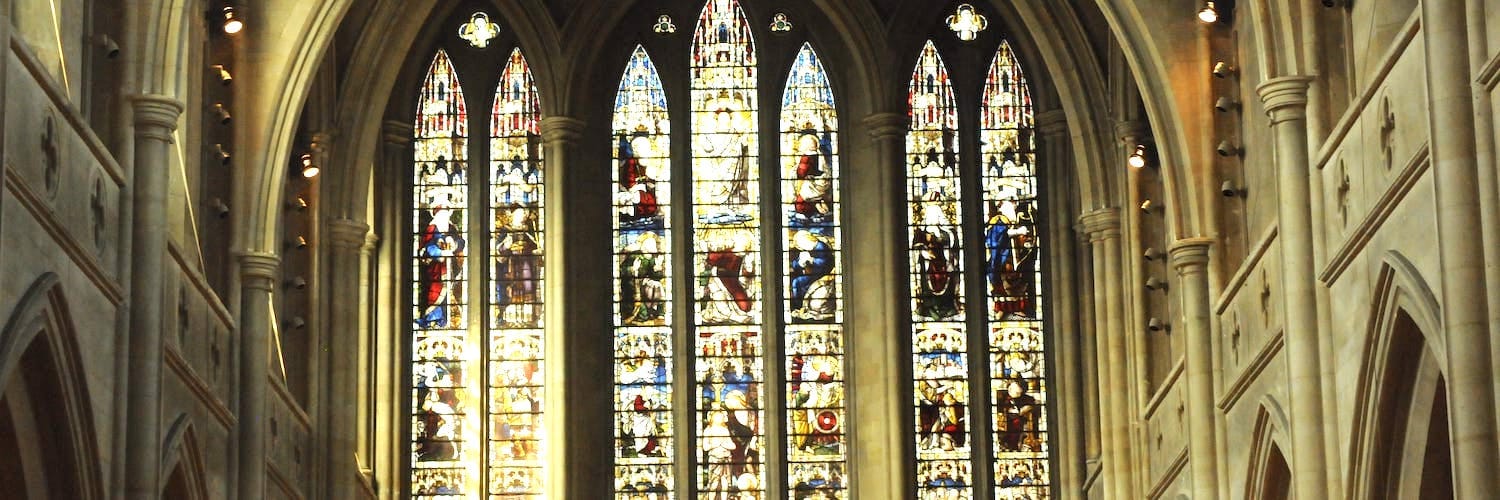
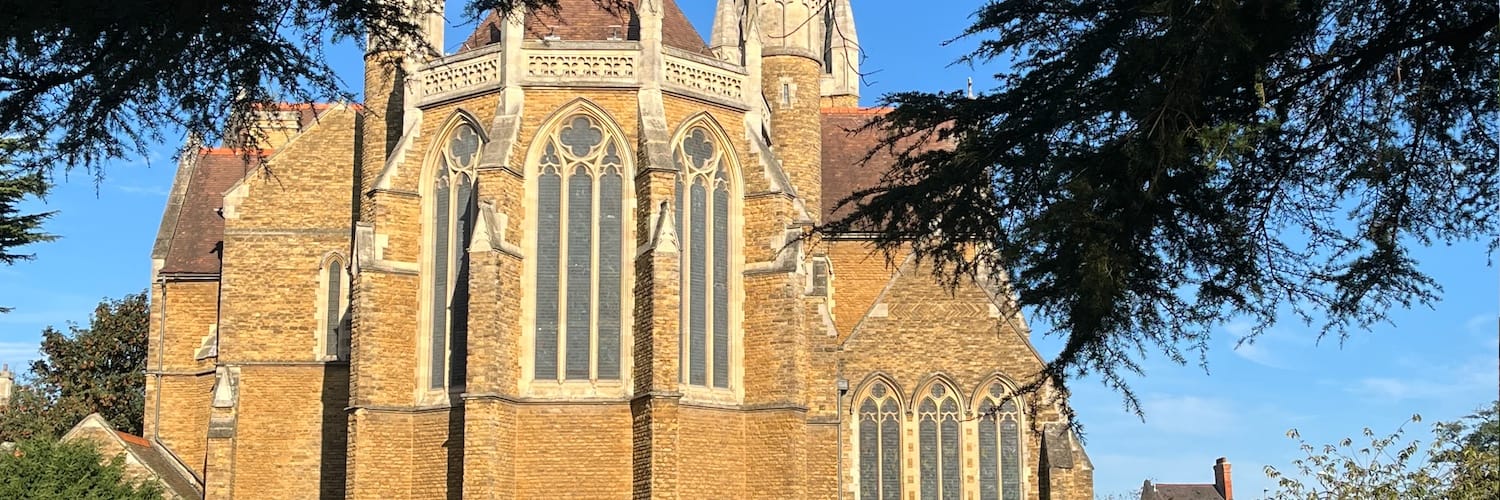

Our Safeguarding Policy
Promoting a safer church
House of Bishops Safeguarding Policy for children, young people and adults
Our Commitments
 |
Promoting a safer environment and culture |
 |
Safely recruiting and supporting all those with any responsibility related to children and vulnerable adults |
 |
Responding promptly to every safeguarding concern or allegation |
 |
Caring pastorally for victims/survivors of abuse and other affected persons |
 |
Caring pastorally for those who are the subject of concerns or allegations of abuse and other affected persons |
 |
Responding to those that may pose a present risk |
If you are concerned that someone you know is at risk of, or is being abused, or presents a risk to others, please seek advice from a Safeguarding
Adviser or if necessary report the matter to the Local Authority Social Care Services or the Police without delay.
Local contacts available to speak to if you have any concerns can be found further down the page:
Child Protection Policies and Procedures
Introduction
The Church owes a special responsibility to children, young people and vulnerable adults as members of God's community.
Their particular needs should be met, and opportunities for physical, spiritual, mental and social development provided, in a
Christian environment where they can be safe and secure.
Children, young people and vulnerable adults should thus be treated by members of the St Matthew's community, whether employed or
acting as volunteers, with the highest standards of fairness and care at all times.
Elaboration
A written policy and procedures are necessary to ensure that all those in our community who come into contact with children, young people and vulnerable adults are aware of: -
 |
the attitudes and beliefs we hold concerning the treatment of children, young people and vulnerable adults; |
 |
what is expected of workers and volunteers; |
 |
the responsibility of Church authorities. |
This document recognizes that these policies are intended to safeguard the interests of workers and volunteers as well as those of
children, young people and vulnerable adults. Accordingly we recognize and accept as policies: -
 |
the need to create and maintain a safe environment in which all these persons are valued as individuals and feel confident to ask for support and help; |
 |
the Guidelines of the Diocese of Peterborough for protecting children, young people and vulnerable adults, noting in particular that all relationships with them should be open, observable, readily understood and shared with more than one responsible adult (i.e. that clergy and other adults should not work alone with a child or children or vulnerable adults whether in pursuit of church activities or on Church premises) and that all work with them should be well supervised; |
 |
the need to adopt procedures for the recruitment and selection of volunteers and workers, including formal written applications and references as recommended by the Diocese, endeavouring to ensure the appointment of the most suitable adults to such roles (NB the crucial 'disclosure' requirements specified in Procedures below); |
 |
that it is our responsibility to ensure that all church workers who are involved with these persons are given a copy of these documents and understand their contents and the implications for their work; |
 |
the need to provide briefing, training and support, appropriate to the different roles to be undertaken, to the best of our ability and with the support of the diocese; |
 |
our responsibility, likewise, to offer help and support to these persons and their families and other adults affected by any such abuse or alleged abuse; |
 |
the need for the Church to offer help, advice and personal support to any adult who may be accused, or found guilty of, abuse and, if possible, maintain them within a loving Christian fellowship; |
 |
the need to make the whole congregation and any outside users of church facilities aware of the Church's policies and procedures; |
 |
that we expect all users of church premises to treat children, young people and vulnerable adults they come across there with respect and in accordance with the spirit of this policy. |
Procedures
The following procedures have been defined by the Diocese of Peterborough, and have been adopted for use at St Matthew's and are made available alongside this document: -
 |
Diocesan Guidelines (see 'Children and Young People', Peterborough Diocesan Child Protection Policy); |
 |
Complaints Procedure; |
 |
Enhanced Disclosures (DBS) Certificate. |
The responsibility for initiating, implementing, reviewing and reporting to the PCC on the operation of these procedures belongs to the incumbent and trained individuals. Elements of the responsibility may be delegated by the incumbent, where practically desirable on occasions, to particular members of the congregation and, where appropriate, the organizers of particular groups or activities. The nature and extent of such delegation will be clearly specified and limited with a requirement that the incumbent be fully informed, and approving of, all steps taken to implement the procedures concerned. The procedure outlined in this paragraph should be applied to the implementation of all the procedures related to the Policy as given below.
a) Recruitment and selection of church workers
Regarding all potential workers as job applicants and give them a defined role. Before any appointment is made, whether paid or voluntary, the PCC, or its appointing group, should be clear what exactly the person is being asked to do. This can be put into a job description with: -
 |
job title; |
 |
summary of main purpose of the job; |
 |
person to whom the worker is responsible; |
 |
people who are responsible to the worker; |
 |
main duties of the job; |
 |
terms and conditions of the job. |
When the post is advertised ensure all the necessary information about the role is included and make particular reference to our commitment to
safeguarding. If the job needs the person to have an Enhanced Disclosures Certificate (DBS) this should be made clear at the time of advertising.
If the interviewing panel does not include the incumbent, he should be kept informed of all progress and he will ratify all decisions made,
having scrutinised the documentation.
Recruitment and interviewing will take place in accordance with Diocesan procedures. A probationary period of 6 months will normally apply.
The incumbent will refer to the PCC on the membership of selection panels for advertised, paid appointments.
Files on all workers will be personally retained by the incumbent. All these formalities are to be applied to existing workers in accordance
with Diocesan Policy.
Crucially, all appointments of persons involved with children and young persons will be subject to the Diocesan Safeguarding Policy i.e. the
applicant and relevant Church Officers must have completed appropriately and returned to the Diocese the DBS Disclosure Application Form,
the appointment being confirmed only on receipt of a satisfactory Enhanced Disclosure Certificate.
b) Familiarization of workers with policies and procedures
The responsibility for ensuring that everyone is fully aware will rest with the named organizers and leaders of the activities concerned, except in the case of employees where it will normally be undertaken by the incumbent direct.
c) Monitoring the implementation of procedures and annual review
Monitoring will be undertaken by a policy group of three persons, appointed by the PCC, who will report to the incumbent and agree any action that is required in the short term to remedy a deficiency. There will be an annual review and report presented by this group to the PCC with any recommendations for change and improvement.
d) Creating a safe environment
The officer or organizer concerned with each group will take all reasonable steps to create a safe and rewarding environment for these persons - in the context of their physical, spiritual, moral and social welfare. They should study carefully, and adhere closely to, the guidelines on Prevention. Organizers will be asked to provide the necessary briefings in relation to the programme and details of training to be offered on an individual basis to ensure that appropriate standards of safety and security are observed. The PCC undertakes to ensure that the premises used, in particular the Parish Centre, complies fully with all health and safety requirements.
e) Reporting
Allegations and complaints of abuse on the part of a worker must be reported to a responsible leader, the incumbent and safeguarding officer (as appropriate) and where it is considered that they might relate to significant harm or the prospect of such harm to a person, they will be reported (normally by the incumbent) in the manner prescribed in the Diocesan Guidelines, and without delay, to a Lead Agency. The complaint may surface in different ways, e.g. by letter to the organizer or incumbent, personally by the child or parent or by the organizer or other adult. In all cases the matter must be referred immediately to the incumbent for him to consult, seek advice and satisfy himself on the action taken. Subject to the particular circumstances it might be necessary to suspend the person complained of from the activity or remove him or her from any contact with a particular child or any of the children in the group. In such a case the worker in question would need to be informed sensitively, with no necessary presumption of guilt, of the reason for the action taken and the nature of the investigation to follow. This would ordinarily be undertaken by the incumbent in the company of a Safeguarding Officer or organizer if appropriate. The incumbent, having taken advice, would consider how best the worker concerned could be supported in the church community. A conscious effort would be made to maintain confidentiality as far as possible to a few key people.
f) Supporting children who are the subject of reports
A specific plan will be devised by the incumbent, officers or organizer to continue the work of the group, with sensitive supervision, and provide the support that may be needed by the persons and families affected.
g) Insurance
Appropriate public liability insurance policies will be taken out with the Ecclesiastical Insurance Group and the Diocesan Youth and Children's Group Insurance.
h) Informing everyone
Following adoption by the PCC a Notice will be prominently displayed by the PCC Secretary in the church and in the Parish Centre. A statement concerning the Policy and its importance will be made by the incumbent to the congregation annually, at the APCM drawing attention to any key changes that have been agreed from year to year. It will also be the subject of reference to any outside users of the premises.
Changes to our Safeguarding Policy
Any changes we may make to our Safeguarding Policy in the future will be posted on this page and, where appropriate, notified to you by e-mail.
St Matthew's Safeguarding Officer
Safeguarding Officer : Sarah Oughton
Telephone : 07761 248272
Email : Contact Sarah Oughton via our online contact form.
Incumbent - Fr Nicholas Setterfield
Diocesan Safeguarding Contacts
Safeguarding Team email address : safeguarding@peterborough-diocese.org.uk
Please direct all general safeguarding enquiries to the above email address.
Diocesan Safeguarding Officer : Victoria Kellett
Office : 01733 887040
Mobile : 07484 424378
Email : victoria.kellett@peterborough-diocese.org.uk
Assistant Safeguarding Advisor : Angie Barber
Office : 01733 887039
Email : angie.barber@peterborough-diocese.org.uk
Safeguarding Administrator : Sharon Welbourne
Office : 01733 887027
Email : sharon.welbourne@peterborough-diocese.org.uk
Safeguarding Office : 01733 887000
Office hours : Monday - Friday 8.30am - 4.30pm
SMC/DOCS/SP_V1/06092024
Connect with us
Please show your support by following and subscribing to our church and choir social media channels, where you can find inspiring content, updates on our events and services, live streamed services, and uplifting messages.







